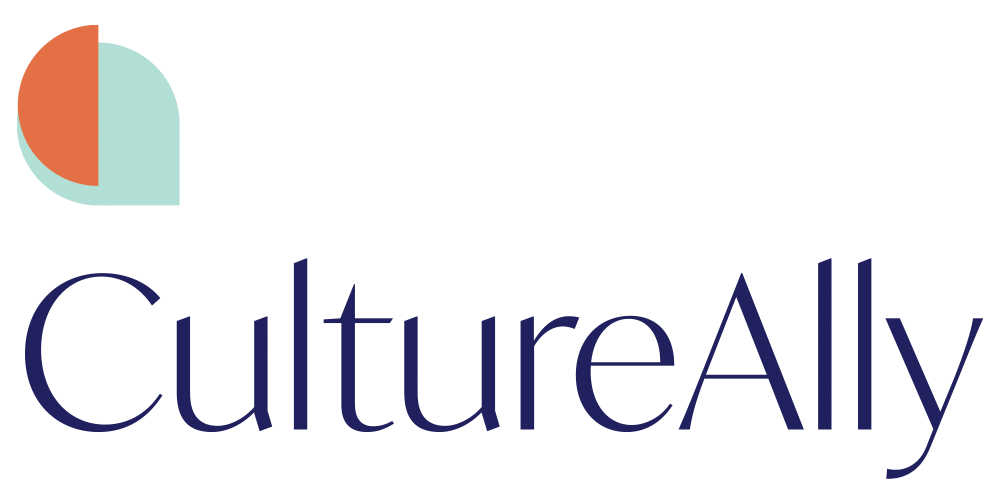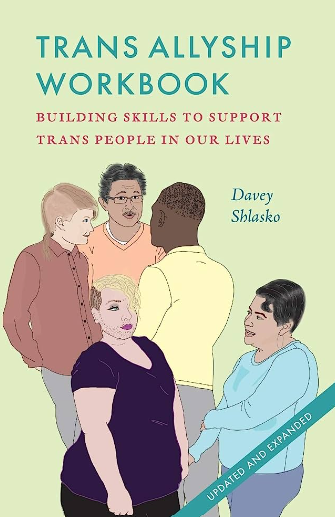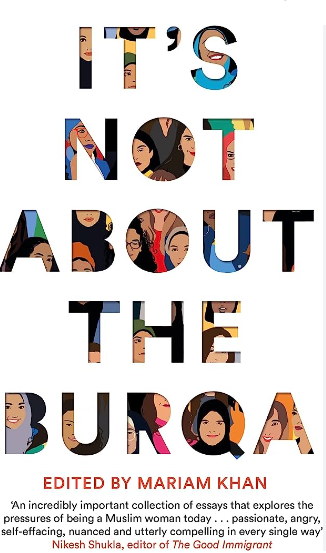6 Books Every Ally Should Read
Creating a diverse and inclusive workplace is the key to success for any company. Developing effective relationships among colleagues is only possible if everyone chooses to be active allies.
Active allies utilize their credibility to create a more inclusive workplace where everyone can excel, be confident, and feel valued. It’s up to people who hold positions of privilege to take responsibility for making changes that will help others be successful.
Allyship is the lifelong process.
To learn more about Allyship and it’s role in the workplace, connect with our other articles on allyship.
What is Active Allyship?
Active allyship means taking a proactive approach in supporting individuals within marginalized communities. It’s about recognizing not only your privilege, but recognizing that you have the responsibility to use your privilege to make real change. An important part of becoming a better ally is by educating yourself, which will then help to build an inclusive environment in the workplace. This involves:
Listening to the experiences of colleagues who are within marginalized communities.
Learning about the history of prejudice in their country.
Learning how current behaviors, practices, laws, and institutions impact colleagues within marginalized communities
Ask questions and have conversations with fellow colleagues, but make sure you are listening to their own stories and opinions rather than reflecting on your own experiences.
Importance of Educating Ourselves on Becoming Better Allies
Being an ally reduces prejudice, encourages empathy, and can help bring attention to the issues that others experience. One way is for allies to educate themselves about prejudice so they are in a better position to challenge it. Education plays an enormous role in fostering an inclusive and welcoming space, which will increase productivity in the workplace.
Books can be great educators, teaching us about the history of systemic racism or immersing us in stories of people who have different backgrounds and experiences than ourselves. Both learning and unlearning is an essential steps in allyship. Reading about different identities can help you understand the past, present, and future of their communities, and their experiences can therefore help you become a better ally.
Must-Read Books on Allyship
Allyship shouldn’t end with increasing your knowledge, but it is an important place to begin. To help you get started, below is a short list of books focused on race and inclusion:
Me and White Supremacy: Combat Racism, Change the World, and Become a Good Ancestor
Author: Layla F. Saad
This eye-opening book helps white readers understand their privilege and how they can use it to take action on ending the prejudice against black, indigenous and people of color. Not only will this book examine white privilege, it will also teach you what allyship really means, how to change the way you view race, and how to continue the work of being an activist.
Saad takes readers on a captivating journey filled with expanded definitions, extra resources, journal prompts, and anecdotes to give you the tools to help you improve race relations.
Trans Allyship Workbook: Building Skills to Support Trans People In Our Lives
Author: Davey Shlasko
Filled with everything you’ve been wanting to learn about trans allyship! This workbook has over 100 pages that includes topics on intersectionality, pronoun education, and the best practices to help you provide safe spaces for the transgender population. Shlasko does a great job in guiding readers on how to practice their allyship skills by establishing the 4 A’s of Liberatory Consciousness - awareness, analysis, action, and accountability.
With a total of 5 chapters explaining transgender identity, defining what allyship is and other standard definitions, as well as sharing transgender experiences, this book is an excellent resource for those wanting to become a better advocate for the transgender community.
Author: Marlam Khan
A collection of essays written by 17 Muslim women from poets, lawyers, engineers, researchers, writers, and journalists in the UK. These essays feature topics based on discrimination, immigration, mental health, sex, marriage, queer identity, clothing, stereotypes, and representation.
The stories will make you laugh, cry and scream in anger as each of them expose the raw truths of the oppression, misogyny, and Islamophobia.
This book is highly recommended to those who wish to learn about the experiences of Muslim women and will question the way you think and respond to Muslim feminism.
Author: Michelle Good
Five Little Indians dives into the sad reality of the Indian residential school system in Canada. This fiction novel follows the lives of five young adults who survived 'Indian School' in the 1960s, over 30 years. This novel may not be appropriate for sensitive readers as it discusses the abuse children faced during this time and how children were forced onto the streets with no support, money, family ties, or life skills.
While this novel is fiction, some stories are based on actual events, as Michelle Good’s mother and grandmother were both survivors of the residential school system. While describing the adult lives of the survivors of the residential school system, the novel explores the themes of the failure of the assimilation theory, post-abuse coping strategies, and the journey to find home.
I Am Not Your Perfect Mexican Daughter
Author: Erika L. Sánchez:
This coming-of-age story follows Mexican-American Julia, a Chicago high school student as she navigates her struggles with mental health, family relationships, gender identity, and cultural expectations when her older sister, Olga, dies unexpectedly.
Julia aspires to escape the oppression she experiences daily at home by going to college, which is not an easy road for her.
Sánchez converts this young adult novel into an empowering story that strives to imagine a queer future for Latinx women.
Authors: Alice Wong (Editor), Harriet McBryde Johnson (Contributor), Talila A. Lewis (Contributor)
Seventeen eye-opening essays all written by disabled people, offering different perspectives that speak to past, present, and future generations. The essays examine the ableism and inequality that disabled people face while also celebrating their wisdom, passion, joy, and successes. This book is intended for readers to think about disabled people as valued members of a community who offer great insight, rather than individuals who need to be “fixed.”
It is time for our society to listen and take action on the changes disabled activists have been demanding for so long - and you will be motivated to do so after reading this book.
Tips on Allyship in the Workplace
Here are a few things to consider when being an active ally in the workplace:
Know your Workplace: Knowing your employees and showing them genuine appreciation for them and their interests, needs, and wants will build a sense of trust within your company.
Respect All Perspectives: While the purpose of being an active ally is to honour and respect people's experiences within marginalized communities, there is no single experience. Colleagues are vastly diverse where everyone offers a different perspective. Marginalized employees represent widespread cultures from many backgrounds, not just one. It is important that there are no assumptions made in the workplace as all employees have divergent histories and live through different experiences.
Check Your Privilege: If you are not a part of the Black community, you will never fully understand Black experiences. It is important to pay attention to your own biases and to analyze your own prejudices, contributions to racism, and your relationships with people of color.
Build Relationships: Build effective relationships with Black colleagues by showing genuine curiosity and compassion to their experiences. By listening and being present while they are speaking and showing empathy when they are sharing their ideas or stories, will increase collaboration in the workplace and allow everyone to be an advocate for each other.
Part of combating injustice is taking the time to educate yourself about where it stems from, and how it impacts marginalized communities in society. Reading helps us empathize and question our biases, allowing us to connect with others and understand and accept other perspectives.
Never stop having conversations with colleagues, ask questions, educate yourself, check your own privilege, and show your support in any way that you can. Being an active ally will foster a culture of diversity, empathy and employees will be proud to know that their work is a safe and inclusive place to be in.








